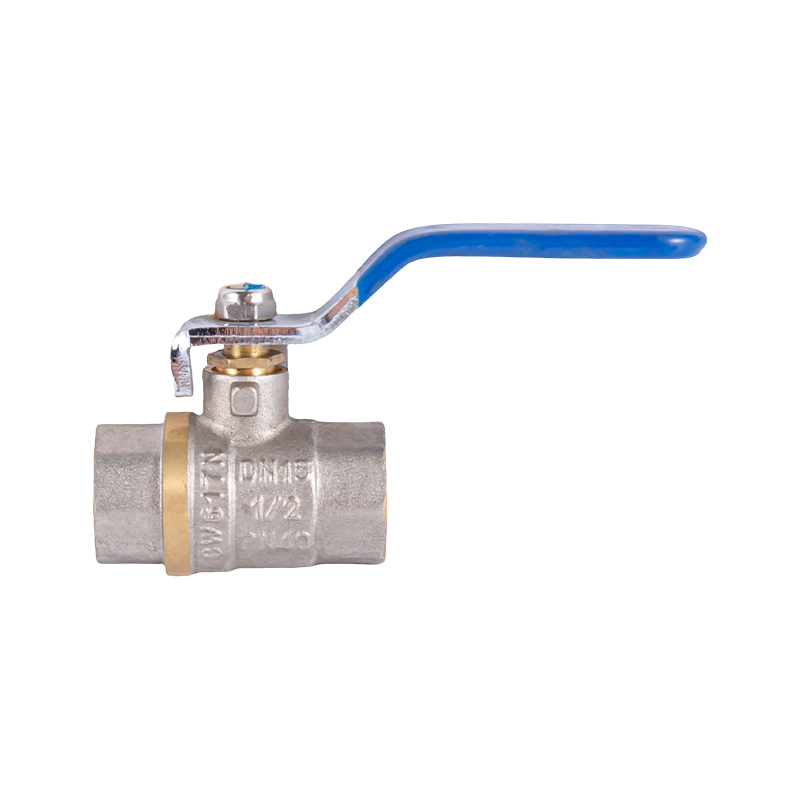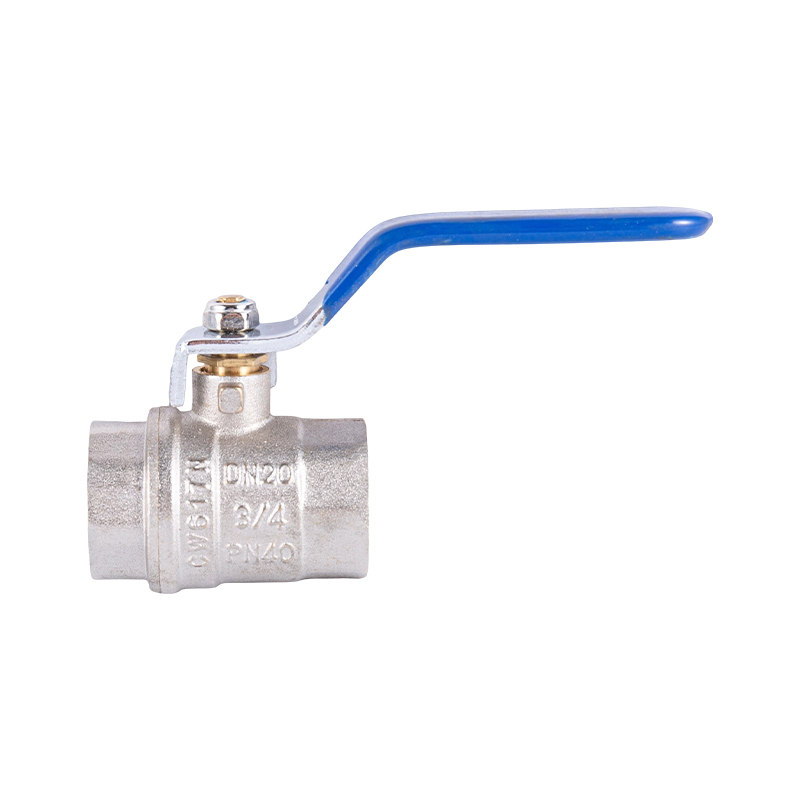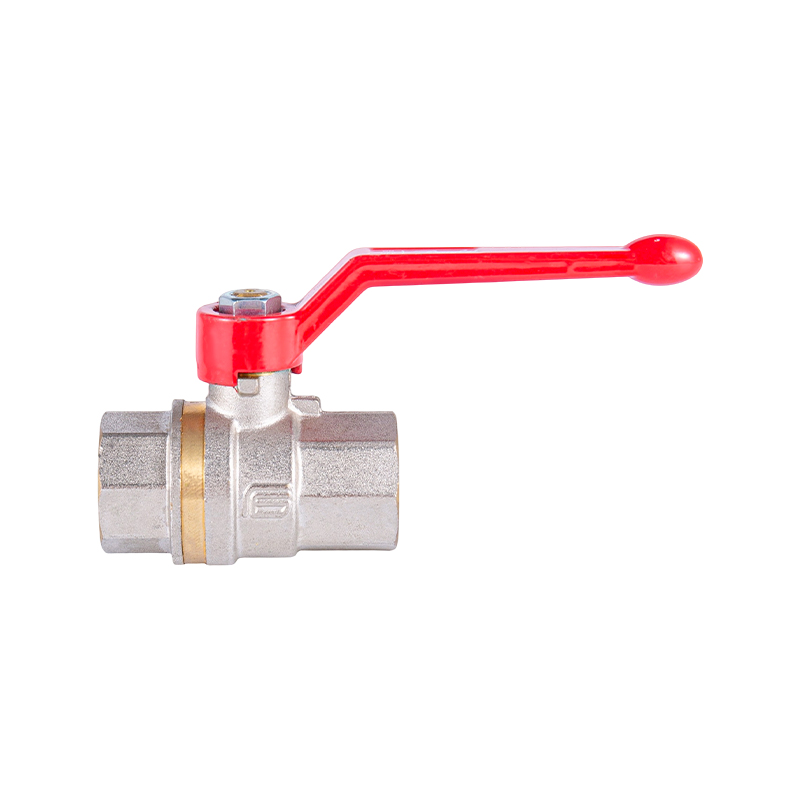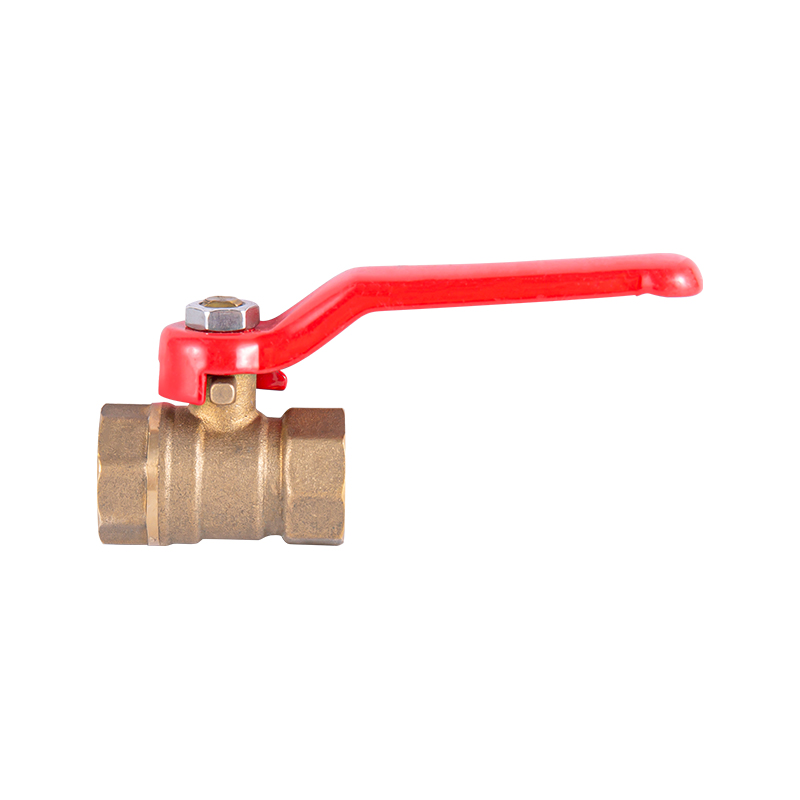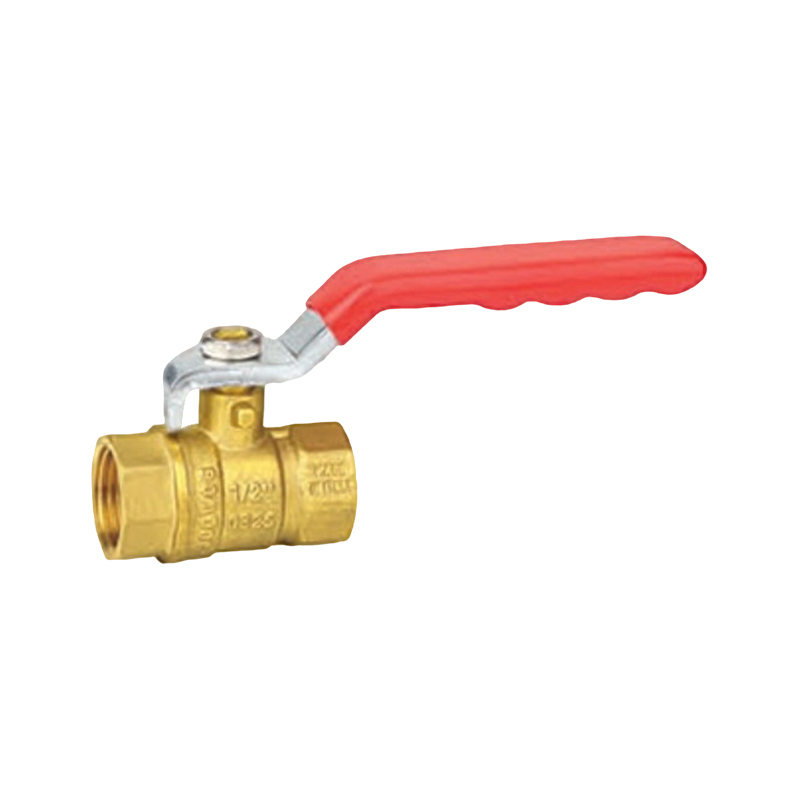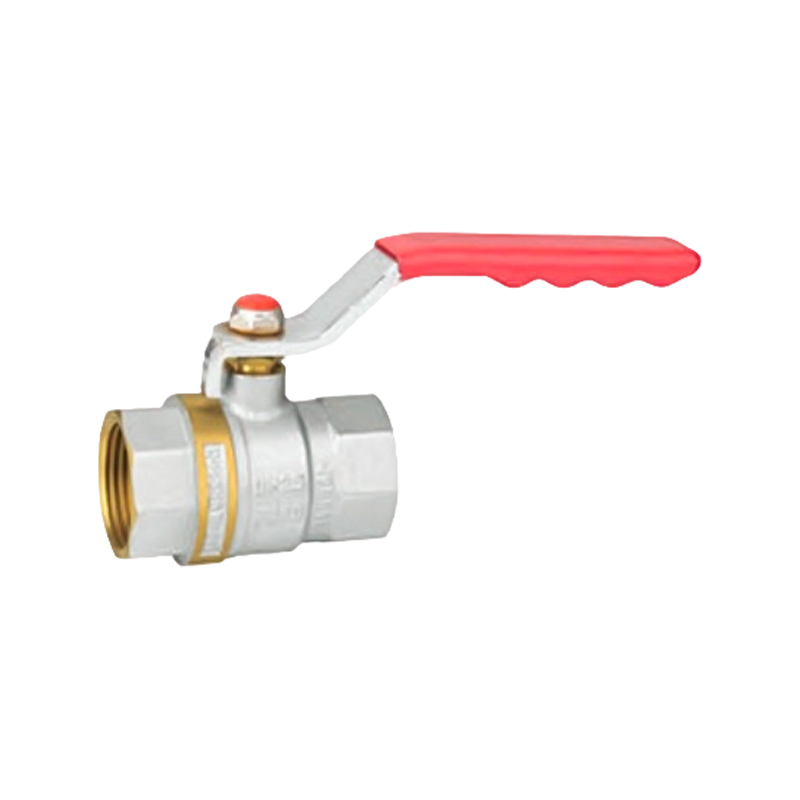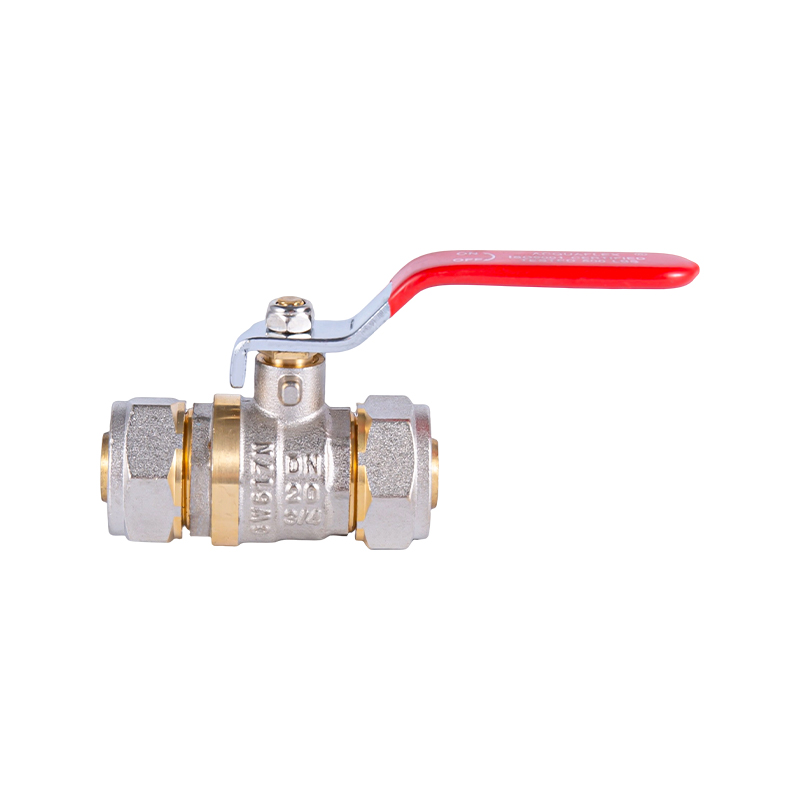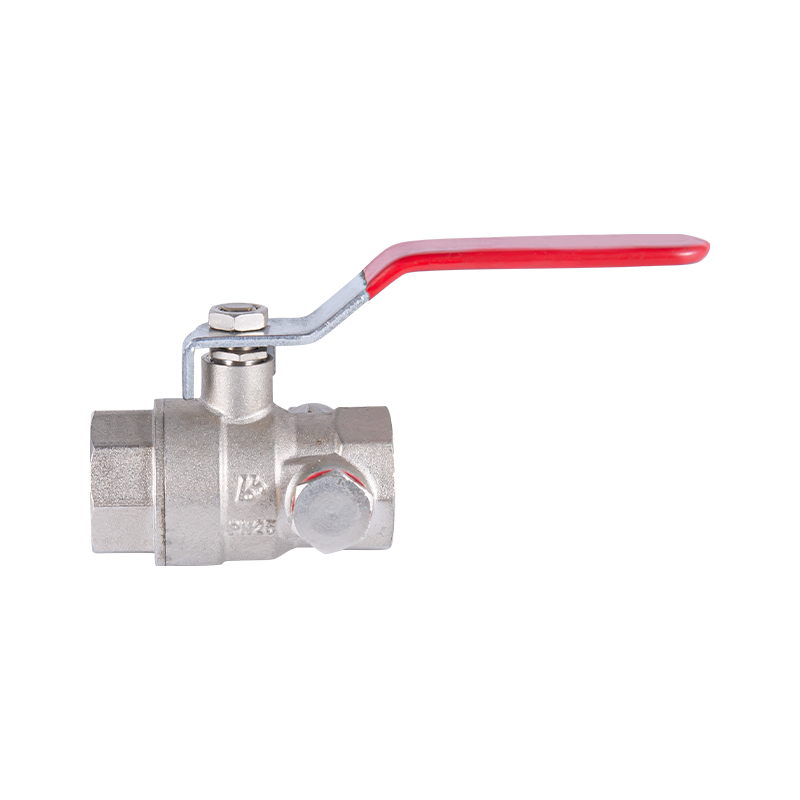Mini Valve Solutions Support Sustainable Water Management Practices
Sustainable water management has become a priority for urban planners, industrial operators, and environmental engineers. Efficient control of water flow is central to reducing waste and ensuring long-term resource availability. In this context, Mini Valve systems have gained attention due to their ability to provide precise regulation in various water management applications. By integrating these compact valves into complex networks, facilities can enhance control while maintaining operational efficiency.
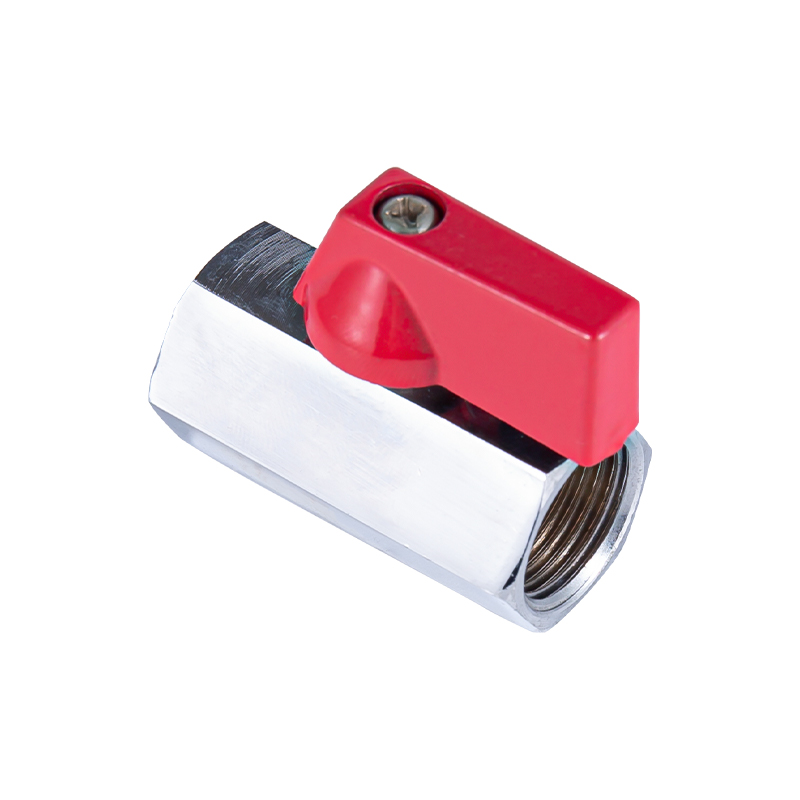
Precision Control in Water Distribution
Mini Valve components are designed to offer fine-tuned control over fluid movement, making them suitable for both municipal and industrial water systems. Their compact size allows for installation in tight spaces, yet they deliver reliable regulation under varying pressure conditions. One common application is in check in valve assemblies, where accurate flow control is essential to prevent backflow and maintain system stability. Check-in valves function as a safeguard, ensuring that water moves in the intended direction while avoiding contamination from reverse flow.
The integration of Mini Valve technology with check-in valves provides a dual benefit. Not only does the Mini Valve adjust flow rates precisely, but the check-in valve ensures the system maintains directional integrity. This combination supports sustainable water practices by less losses caused by leaks or inefficient flow control. Facilities that adopt these solutions report smoother operations and reduced instances of system disruption.
Applications in Industrial and Municipal Settings
In industrial plants, Mini Valve solutions are increasingly applied to manage cooling water, process fluids, and recycling systems. Precise regulation reduces the likelihood of overuse, which directly contributes to sustainability goals. Check-in valves complement these applications by preventing fluid backflow that could compromise quality or damage equipment. Together, these valves form a network that balances efficiency with reliability, ensuring that water and other fluids are used responsibly.
Municipal water systems also benefit from Mini Valve integration. Treatment facilities and distribution networks can use these valves to adjust pressures and flow rates throughout the network. When paired with check-in valves, these systems maintain safe water directionality and reduce energy consumption associated with pumping. The compact design of Mini Valves makes them easy to retrofit in older systems, extending the life of existing infrastructure while improving sustainability outcomes.
Enhancing Sustainability Through Innovation
Beyond their functional advantages, Mini Valve solutions contribute to broader environmental objectives. By regulating water distribution more effectively, they help reduce unnecessary energy usage and limit water wastage. Check-in valves reinforce this effort by ensuring that water always moves efficiently through the system, preventing the complications that arise from reverse flow. Together, these valves create a framework that supports responsible water management and aligns with global sustainability goals.
Furthermore, research into valve materials and designs continues to expand the range of applications. Mini Valve systems are now being considered for irrigation networks, industrial water recycling, and even residential water-saving solutions. Check-in valves, when integrated into these systems, provide an additional layer of operational security and efficiency, highlighting the versatility of these technologies.
Mini Valve solutions, when combined with check-in valves, offer a practical approach to sustainable water management. Their precise control, adaptability, and compatibility with existing infrastructure make them a valuable component in both industrial and municipal water systems. By improving flow regulation and preventing backflow, these valves help reduce waste, save energy, and support long-term water sustainability initiatives. As water management challenges continue to grow, the integration of Mini Valve and check-in valve technologies will remain an important strategy for creating efficient and responsible water systems.
-
Feedback


 English
English 中文简体
中文简体 русский
русский Email us now!
Email us now!
